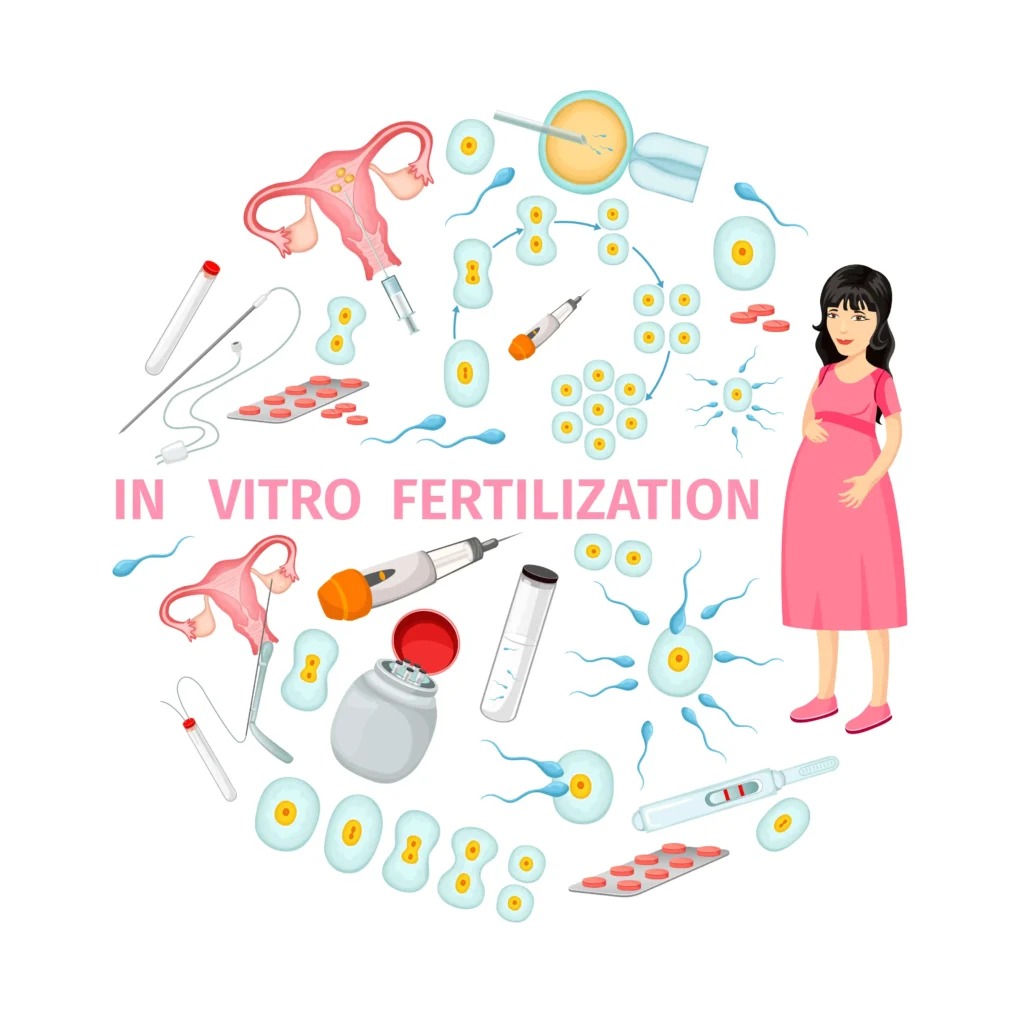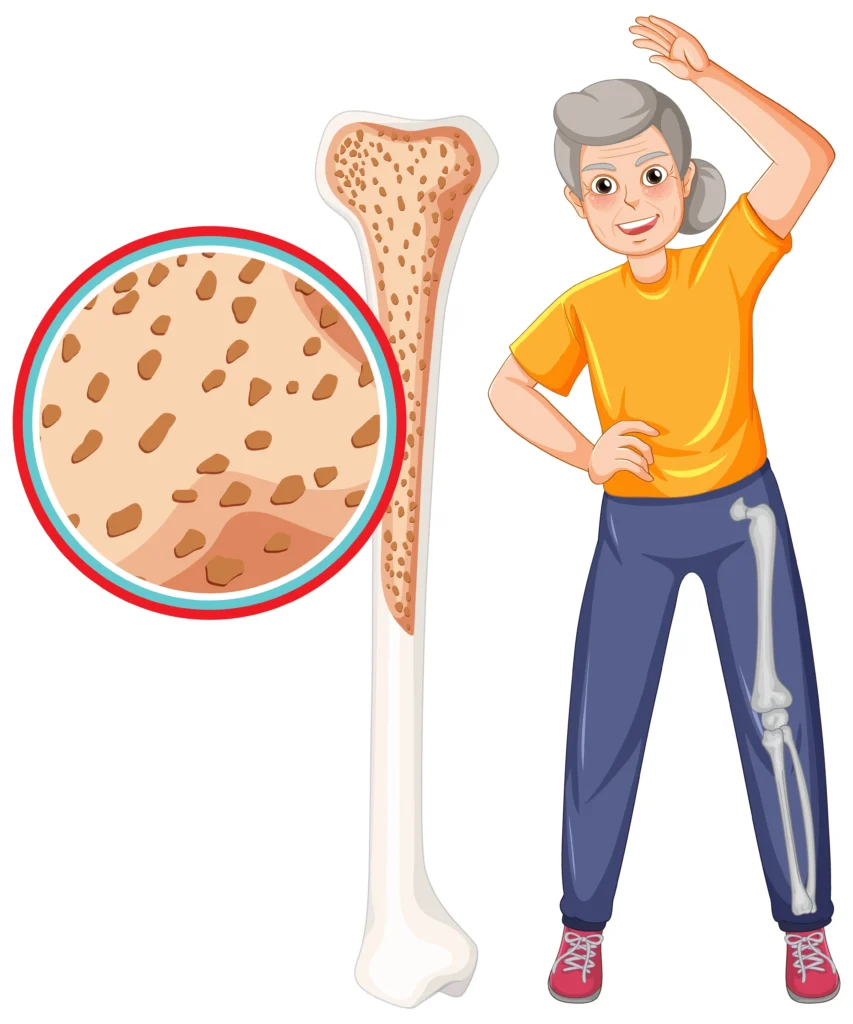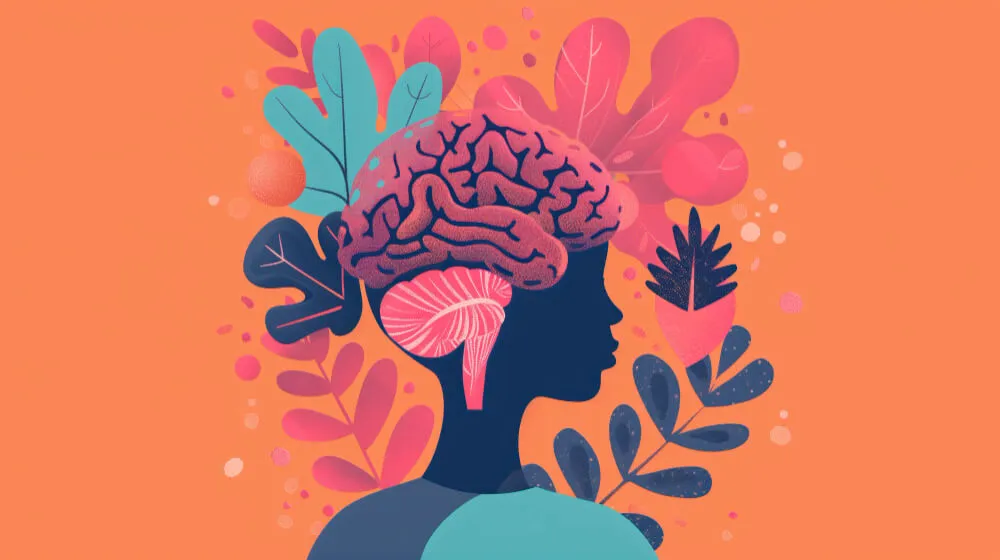Women’s health is a vital aspect of overall well-being, addressing everything from hormonal health to mental and physical wellness. With unique health challenges and risks, understanding and prioritizing women’s health is essential for promoting longevity and quality of life.
The Importance of Women’s Health
Women’s health spans reproductive health, mental wellness, chronic disease prevention, and more. Women’s unique experiences with hormonal changes and gender-specific health risks highlight the need for tailored healthcare approaches.
Reproductive and Hormonal Health
This includes menstrual health, contraception, fertility, pregnancy, and menopause. Regular gynecological check-ups and understanding symptoms can help in managing and preventing various conditions.
-
Menstruation:
-
Menstrual Cycle: Understanding the regular cycle of bleeding, hormonal changes, and ovulation.
-
Menstrual Disorders: Recognizing and managing conditions like irregular periods, heavy bleeding, and painful menstruation.
-
-
Pregnancy and Childbirth:
-
Prenatal Care: Essential steps for ensuring a healthy pregnancy, including regular check-ups, nutrition, and monitoring fetal development.
-
Childbirth: Exploring different options, including vaginal delivery and cesarean section.
-
Postpartum Care: Understanding the physical and emotional changes that occur after childbirth.
-
-
Contraception:
-
Birth Control Methods: Exploring a variety of options, including hormonal methods (pills, patches, injections), barrier methods (condoms, diaphragms), and long-acting reversible contraceptives (IUDs, implants).
-
Family Planning: Making informed decisions about family size and timing.
-
-
Menopause:
-
Symptoms: Understanding the physical and emotional changes associated with menopause, such as hot flashes, night sweats, and mood swings.
-
Hormone Replacement Therapy: Evaluating the benefits and risks of hormone replacement therapy.
-
-
Reproductive Health Issues:
-
Sexually Transmitted Infections (STIs): Prevention, testing, and treatment.
-
Infertility: Understanding the causes, diagnosis, and treatment options for infertility.
-
Reproductive Cancers: Awareness of breast, ovarian, and cervical cancers, as well as screening and early detection methods.
-

Women's Cardiovascular Health
Women are at risk for heart disease, but symptoms can differ from men’s. Awareness of risk factors, such as high blood pressure or cholesterol, and maintaining a healthy lifestyle is important. Understanding the unique risks, symptoms, and preventive measures can help women protect their hearts and maintain optimal health.
Unique Risks for Women
- Hormonal Changes: Fluctuations in hormones, particularly during menopause, can increase the risk of cardiovascular disease.
- Symptoms: Women may experience different symptoms of heart attack compared to men, often leading to delayed diagnosis.
- Pregnancy and Postpartum: Pregnancy-related conditions and postpartum changes can impact cardiovascular health.
Common Cardiovascular Conditions
- Heart Attack: Symptoms may include chest pain, shortness of breath, nausea, and cold sweats.
- Stroke: Symptoms can include sudden numbness or weakness, confusion, trouble speaking, and vision problems.
- High Blood Pressure: A silent but serious condition that can damage blood vessels and lead to other cardiovascular problems.
- High Cholesterol: Elevated cholesterol levels can contribute to plaque buildup in arteries.
Preventive Measures
- Healthy Lifestyle:
- Balanced Diet: Focus on fruits, vegetables, whole grains, lean proteins, and healthy fats.
- Regular Exercise: Aim for at least 30 minutes of moderate-intensity exercise most days of the week.
- Weight Management: Maintain a healthy weight to reduce the risk of cardiovascular disease.
- Quit Smoking: Smoking is a major risk factor for heart disease.
- Manage Stress: Practice stress-reduction techniques like meditation, yoga, or deep breathing.
- Regular Check-ups:
- Blood Pressure Monitoring: Have your blood pressure checked regularly.
- Cholesterol Screening: Get your cholesterol levels checked as recommended by your doctor.
- Cardiovascular Risk Assessment: Discuss your risk factors with your healthcare provider.
-
Medication:
-
If you have high blood pressure, high cholesterol, or other cardiovascular conditions, your doctor may prescribe medication to manage these conditions.
-
Remember: Early detection and prevention are key to maintaining good cardiovascular health. If you have any concerns about your heart health, consult with your healthcare provider.

Women's Bone Health
Women are more prone to osteoporosis, especially after menopause. Ensuring adequate calcium and vitamin D intake, along with regular weight-bearing exercise, can help maintain bone density.

Women are at a higher risk of developing osteoporosis, a condition characterized by weak, brittle bones that are more susceptible to fractures.
Understanding Osteoporosis
- Risk Factors: Factors that increase the risk of osteoporosis include age, gender, family history, diet, lifestyle, and certain medical conditions.
- Symptoms: Osteoporosis often has no noticeable symptoms until a fracture occurs.
- Diagnosis: Bone density tests, such as DEXA scans, are used to diagnose osteoporosis.
Preventive Measures
- Diet:
- Calcium: Consume foods rich in calcium, such as dairy products, leafy greens, and fortified foods.
- Vitamin D: Get adequate vitamin D through sunlight exposure or supplements.
- Protein: Include protein-rich foods in your diet to support bone health.
- Lifestyle:
- Regular Exercise: Weight-bearing exercises, like walking, running, and dancing, can help strengthen bones.
- Avoid Smoking: Smoking can accelerate bone loss.
- Limit Alcohol: Excessive alcohol consumption can negatively impact bone health.
- Medication:
- If you are at high risk for osteoporosis, your doctor may prescribe bone-strengthening medications.
Bone Health Tips for Women
- Start Early: Begin taking care of your bones at a young age to build a strong foundation.
- Know Your Risk: Understand your family history and other risk factors for osteoporosis.
- Regular Check-ups: Schedule regular bone density tests as recommended by your doctor.
- Listen to Your Body: Pay attention to any signs or symptoms of bone pain or fractures.
Remember: By taking proactive steps to protect your bone health, you can reduce your risk of osteoporosis and maintain a strong, healthy skeleton.
Women's Mental Health
Women’s mental health is a complex and often overlooked aspect of overall health. Understanding and addressing mental health concerns is crucial for women’s well-being and quality of life.
Common Mental Health Challenges for Women
- Depression: Feelings of sadness, hopelessness, and loss of interest in activities.
- Anxiety: Excessive worry, fear, and physical symptoms like rapid heartbeat or sweating.
- Postpartum Depression: A mood disorder that affects women after childbirth.
- Eating Disorders: Conditions like anorexia nervosa, bulimia nervosa, and binge eating disorder.
- Stress and Burnout: Overwhelming feelings of stress and exhaustion.
- Body Image Issues: Concerns about appearance and self-worth.
Factors Affecting Women’s Mental Health
- Hormonal Changes: Fluctuations in hormones, particularly during puberty, pregnancy, and menopause, can impact mental health.
- Societal Expectations: Gender stereotypes and societal pressures can contribute to stress and anxiety.
- Life Events: Major life events, such as loss, relationship changes, or financial difficulties, can affect mental health.
- Genetics: Family history of mental health conditions can increase the risk.
Seeking Help
- Breaking the Stigma: It’s important to remember that seeking help for mental health is a sign of strength, not weakness.
- Professional Support: Therapists, counselors, and psychiatrists can provide effective treatment for mental health conditions.
- Self-Care: Engaging in self-care activities, such as exercise, mindfulness, and spending time with loved ones, can also help improve mental well-being.



